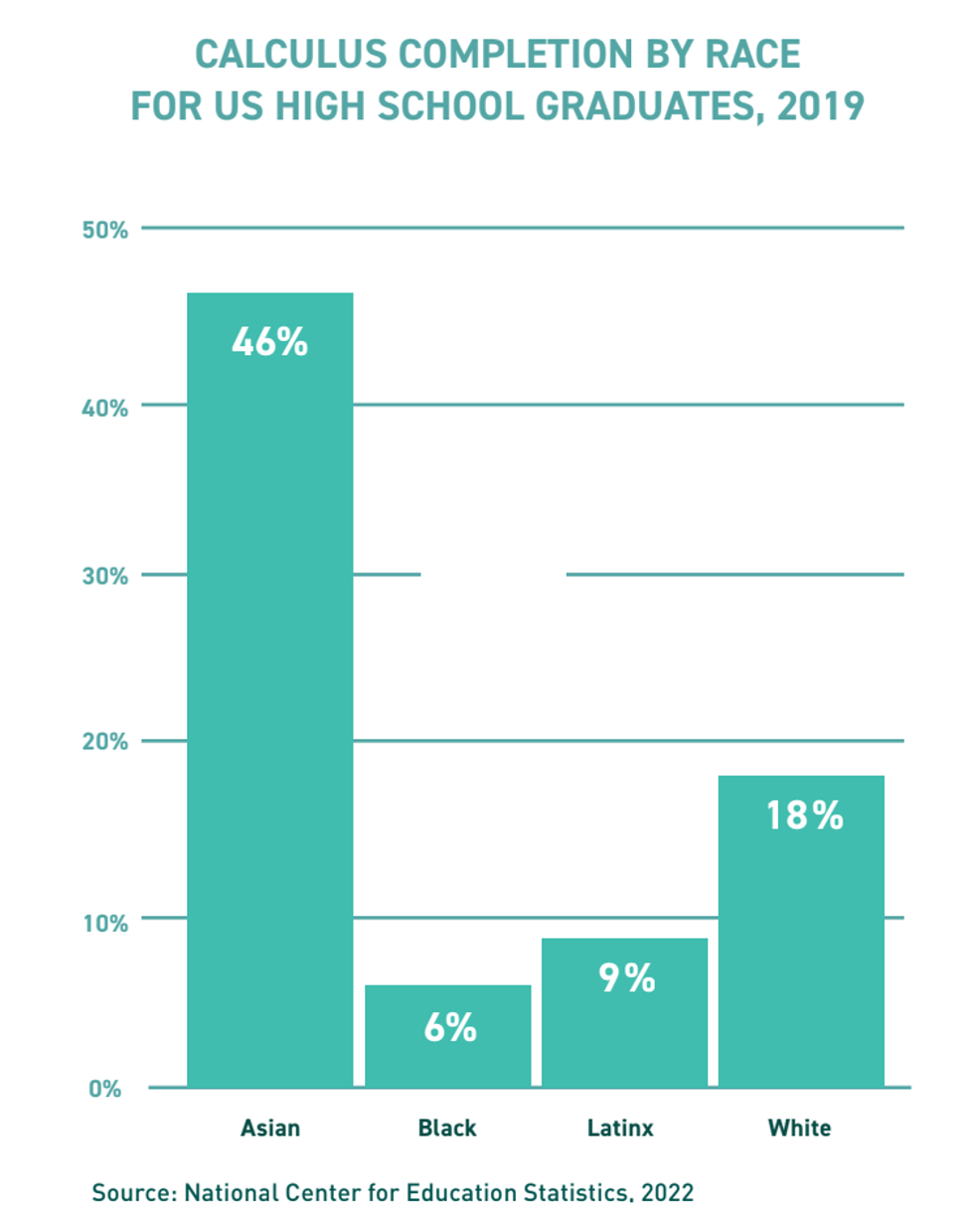Interviews with 10 of the survey respondents, however, indicated that views may be shifting. One admissions official at a public research university said they were “nudging” application readers away from a belief that “good” students take calculus. “So yes, we’ve had to really push on that in our training of readers,” the admissions official said. Another respondent said: “In a vacuum, yes, calculus outweighs every other, but if not pursuing a STEM program and especially engineering, we consider stats or data science perfectly fine as a fourth-year math course.”

At the same time, other interviewees said that test-optional admissions had prompted them to place greater emphasis on calculus. One admissions officer at a large public university said they had previously relied on SAT scores to determine math preparation, but were now putting more weight on calculus, especially for engineering applicants.
Some admissions officers said they felt pressure from university faculty to give preference to candidates with calculus. Giving extra weight to calculus is a “deeply ingrained practice,” Burdman of Just Equations said, and that because admissions officers have to answer to a range of audiences, they are cautious about change.
Changing hearts and minds inside college admissions departments may take time. Burdman says that if selective institutions can show that students who don’t take calculus do well in college, then colleges will have “more confidence” in admitting students who take alternatives, such as statistics.
Until then, students struggling with limits and derivatives may just have to wait until the evidence adds up.
Contact staff writer Jill Barshay at 212-678-3595 or barshay@hechingerreport.org.
This story about high school calculus was written by Jill Barshay and produced by The Hechinger Report, a nonprofit, independent news organization focused on inequality and innovation in education. Sign up for Proof Points and other Hechinger newsletters.

